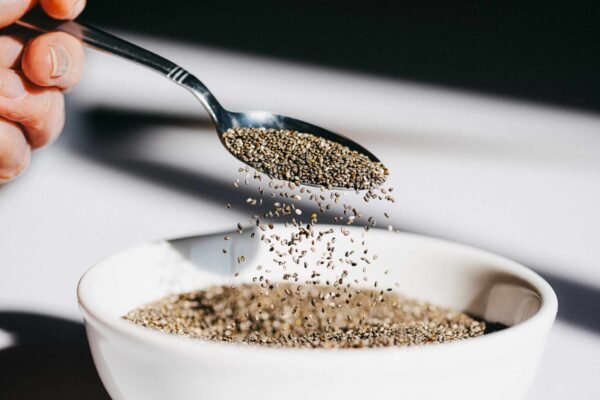
7 Foods With More Fiber Than Chia Seeds
Chia seeds are a go-to for those looking to add more fiber to their diet. Just one ounce of chia seeds packs 9.8 grams of fiber, which is 35% of the Daily Value (DV). But, while the fiber content of chia seeds is impressive, they aren’t the only way to boost your fiber intake. In…










